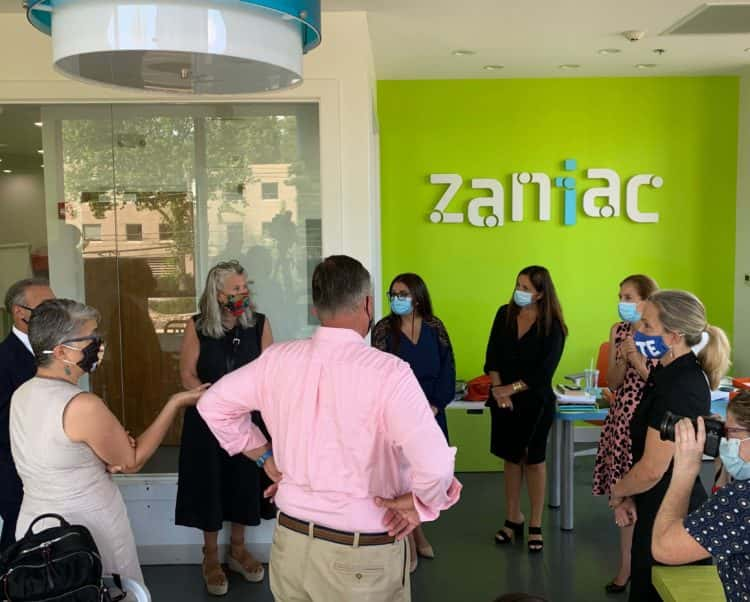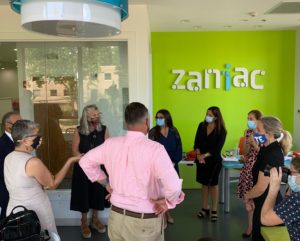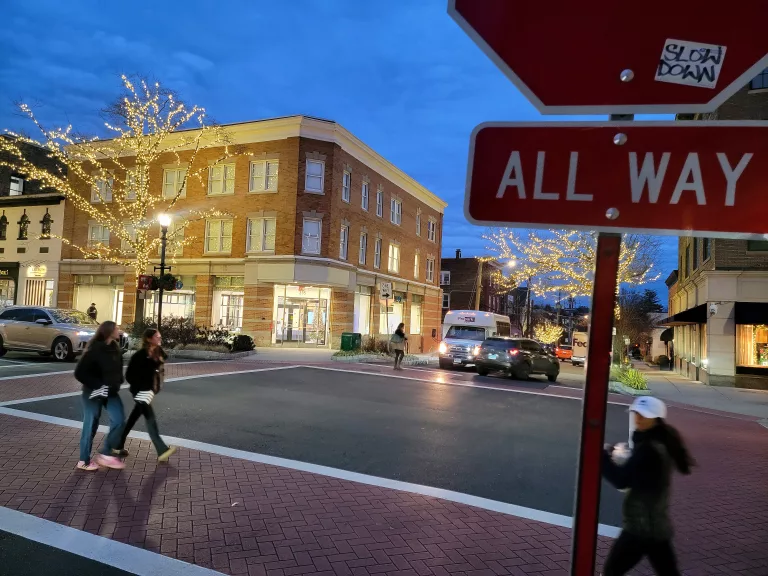
By Richard Kaufman

When the COVID crisis hit in the middle of March, Zaniac, a small after school and summer camp STEAM-enrichment center for children located in Greenwich, had to close its doors and figure out how to stay afloat.
Programming was immediately moved online, but co-owners Camila Gazal and Flavia Naslausky still had to account for the expenses of their physical space located at 644 West Putnam Ave.
Zaniac participated in the state’s COVID-19 Business Response Program, applying for several loans.
After being alerted by the state’s Women’s Business Development Council (WBDC), Gazal and Naslausky applied right away for a loan designed specifically to help them
The State of Connecticut partnered with the Hartford Economic Development Corporation (HEDCO), the Connecticut Department of Economic and Community Development, and the Connecticut Minority Business Initiative to provide financial relief to Connecticut women and minority-owned small businesses negatively impacted by the coronavirus pandemic.
Zaniac received the HEDCO loan first in April, and it allowed them to keep their heads above water.
“We’re very thankful for the HEDCO initiative… This allowed us to pay some of the expenses we had here with the campus, and continue with online services. If it weren’t for that, we wouldn’t have reopened at the end of June,” Gazal said, noting that the $15,000 HEDCO loan has already been forgiven.
On Monday, Lt. Gov. Susan Bysiewicz visited Zaniac to tour the facility and see how they were doing. Bysiewicz, who is touring other businesses around the state that were helped, was joined by First Selectman Fred Camillo; State Rep. Stephen Meskers (D-150); State Sen. Alex Kasser (D-36); and Fran Pastore and Carol Cheswick of the WBDC.
“We wanted to visit with you because we knew right away when we heard that Congress was going to be passing the PPP program, that we would need something in the short term to help businesses and the state,” Bysiewicz said. “Our department of economic development had the bridge loans. We wanted to have a separate set of loans targeted to the smallest businesses, women and minority owned, so that there would be an option for the people with 20 employees. HEDCO was specifically targeted for women owned businesses.”
Pastore said in the first 13 weeks of COVID, there were 3,500 applicants in the program.
“The need is so, so strong. In addition to loans, what we really need is grant funding to keep what I think are Connecticut Main Street businesses alive. That’s something that we’re working on,” Pastore said.
Camillo spoke about how the town focused on getting supplies and Personal Protective Equipment to businesses, as well as zoning regulations so restaurants could open for outdoor dining during the pandemic.
“Hats off to you for not only surviving, but actually thriving,” he said to Gazal and Naslausky.
Gazal thanked Camillo and the town for playing a critical role in keeping people safe.
Since the pandemic began, Zaniac has taught more than 130 children through over 1,100 classes online, with about 98 online classes per week. They have not fired or furloughed their employees, and have actually added personnel to help with online classes.
Zaniac was able to reopen their in-person camp on June 29, with proper safety protocols and guidelines in place
“Last summer we’d have 30 kids here at a time, now we have seven. I think parents are still hesitant about sending their kids for in-person camps, but thankfully the online service has helped us to maintain at least a decent line of revenue,” Gazal said.
Although the last few months have been hard, Zaniac is thriving in a new normal.
“Companies that innovated and used their time effectively and were able to use the resources that were out there were able to survive,” Gazal said.





